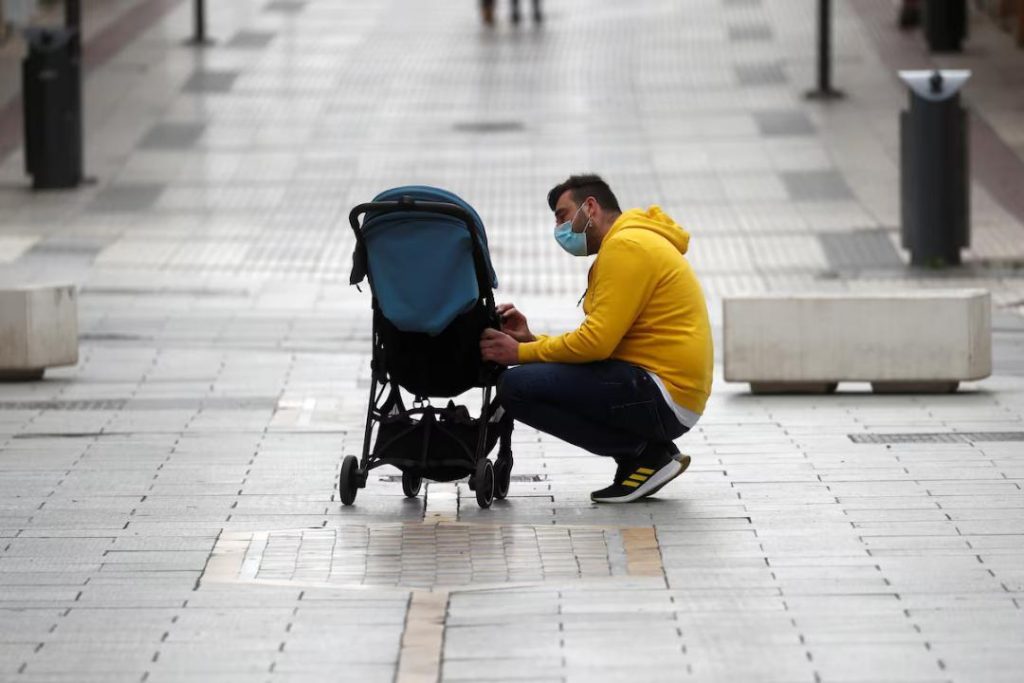
Spain to Offer 17 Weeks of Parental Leave to Both Mothers & Fathers
In a significant step towards promoting gender equality and supporting new parents, Spain has announced plans to extend its parental leave policy to 17 weeks, with both mothers and fathers entitled to equal, fully-paid leave after the birth of a child. This move cements Spain’s position as one of the most generous parental leave policies in Europe, alongside Finland.
As reported by Reuters on July 29, 2025, the Spanish government has announced plans to increase the duration of parental leave from the current 16 weeks to 17 weeks. This decision is seen as a major victory for feminism and a significant step towards achieving gender equality in the country.
The new policy will ensure that both mothers and fathers are entitled to the same amount of paid leave, allowing them to bond with their newborn and take care of their child’s needs without worrying about the financial implications. This move is expected to have a positive impact on the country’s workforce, particularly in industries where childcare responsibilities often fall disproportionately on women.
Spain’s move towards a more equal parental leave policy is not new. The country has been a pioneer in promoting gender equality and has taken several steps in recent years to address the gender pay gap and increase women’s participation in the workforce. The government’s decision to extend parental leave is seen as a logical extension of these efforts.
The new policy is expected to have several benefits, including increased paternal involvement in childcare, improved work-life balance, and reduced stress on mothers who often bear the bulk of childcare responsibilities. Moreover, the policy is expected to boost Spain’s economy by allowing parents to return to work more quickly, reducing the need for costly childcare solutions, and increasing the participation of women in the workforce.
Spain’s decision to offer equal parental leave to both mothers and fathers is not unique, however. Finland, which has a similar policy, has been recognized as one of the most family-friendly countries in the world. Finland’s parental leave policy allows both parents to take up to 300 days of fully-paid leave, with the option to split the leave between them. This policy has been credited with improving Finland’s gender equality and reducing the gender pay gap.
The Spanish government’s decision to extend parental leave is seen as a major victory for feminism and a significant step towards achieving gender equality in the country. “Spain is moving towards feminism…and there’d be no turning back,” said a Spanish minister in a statement.
The new policy is expected to come into effect in the coming months and will be welcomed by new parents across the country. As Spain takes this significant step towards promoting gender equality and supporting new parents, it is likely to set a precedent for other European countries to follow.
References:



